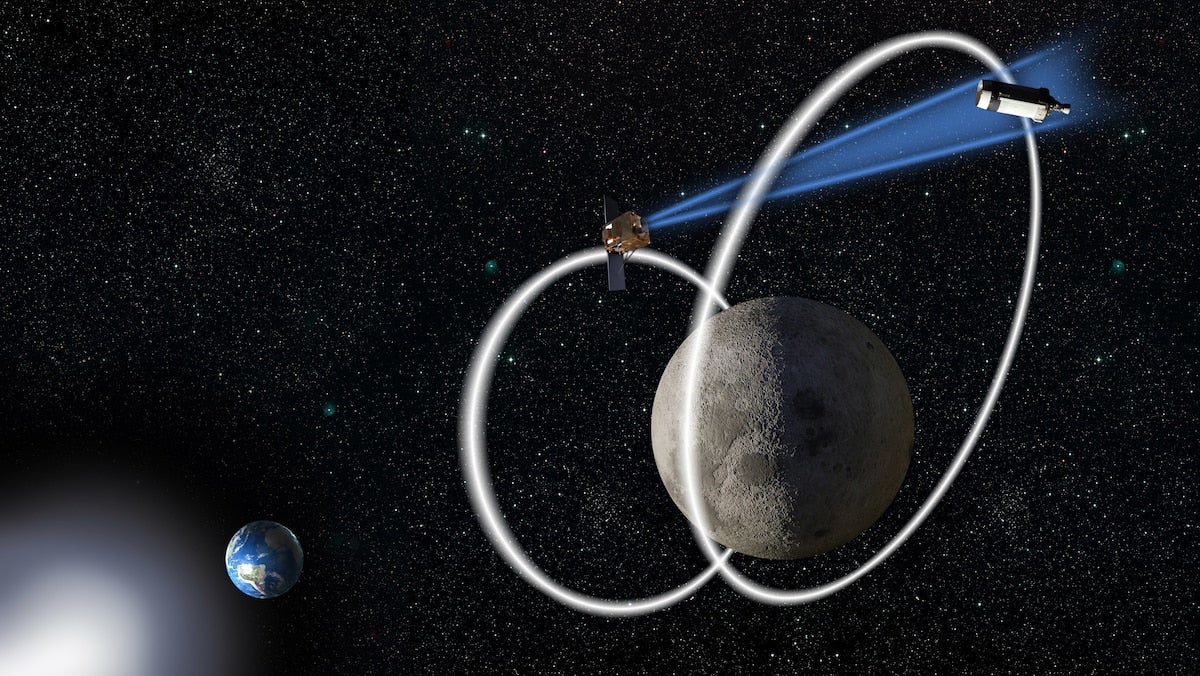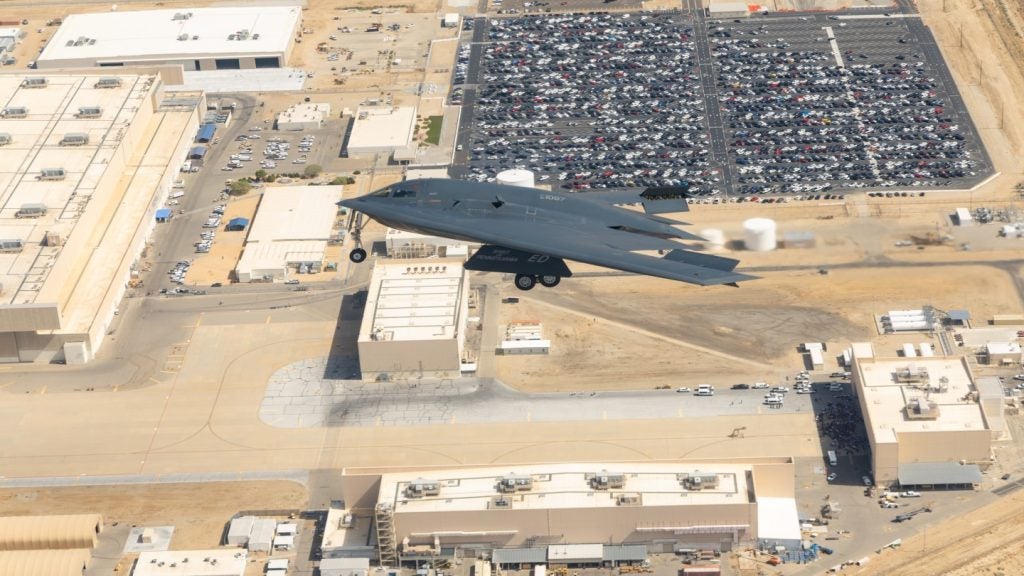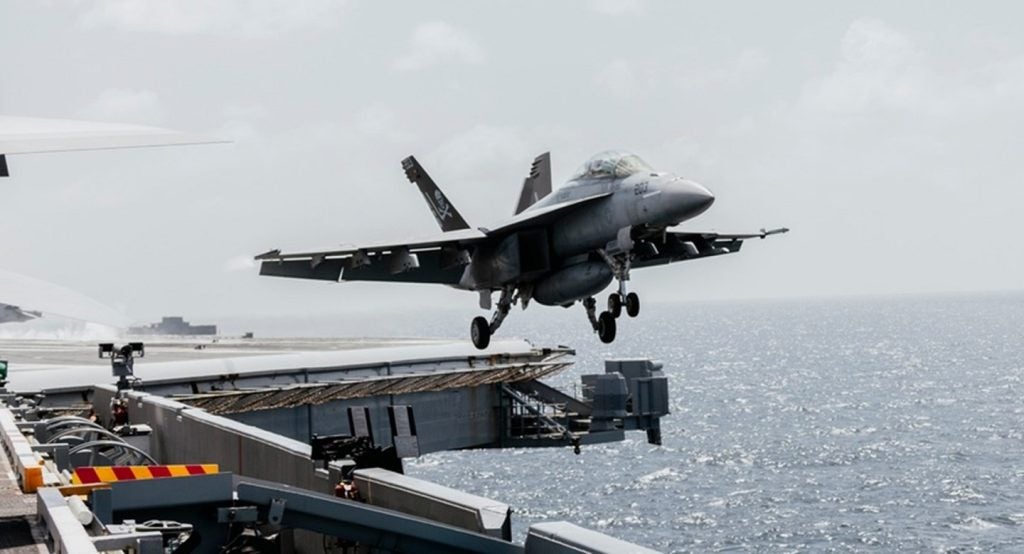
Advanced Space has secured a $72m contract to support the US Air Force Research Laboratory’s (AFRL) Oracle spacecraft programme.
The contract has been awarded by the AFRL’s Space Vehicles Directorate.
As part of the new award, the company will demonstrate space situational awareness beyond geosynchronous Earth orbit (GEO), near the Moon, to revive interest in the field of lunar exploration and development across international, civil and commercial space agencies.
The contract also involves the company detecting and tracking objects in the region of the Moon.
Formerly known as the Cislunar Highway Patrol System, the Oracle spacecraft programme has been designed to increase the US Space Force’s (USSF) ability to detect/track artificial objects operating at lunar distances.
The Oracle spacecraft is expected to launch by late 2025, followed by two years of on-orbit experimentation.
How well do you really know your competitors?
Access the most comprehensive Company Profiles on the market, powered by GlobalData. Save hours of research. Gain competitive edge.

Thank you!
Your download email will arrive shortly
Not ready to buy yet? Download a free sample
We are confident about the unique quality of our Company Profiles. However, we want you to make the most beneficial decision for your business, so we offer a free sample that you can download by submitting the below form
By GlobalDataAccording to AFRL, the spacecraft will operate in the proximity of Earth-Moon Lagrange Point 1, which is nearly 320,000km away from the Earth or in space beyond GEO (XGEO).
This range is ten times more than the conventional operational regime of the USSF and Space Command.
Oracle principal investigator Dr James Frith said: “Our primary goals for the programme are to advance techniques to detect previously unknown objects through search and discovery, to detect small or distant objects, and to study spacecraft positioning and navigation in the XGEO realm.
“Oracle is the culmination of years of ongoing research at AFRL into how to detect/track objects in XGEO given vast distances, challenges of lunar and solar exclusion, and complexity introduced by Moon’s gravity.”
The Oracle programme will also further help in maturing the AFRL’s green propellant, called advanced spacecraft energetic non-toxic, designed to carry a refuelling port.







